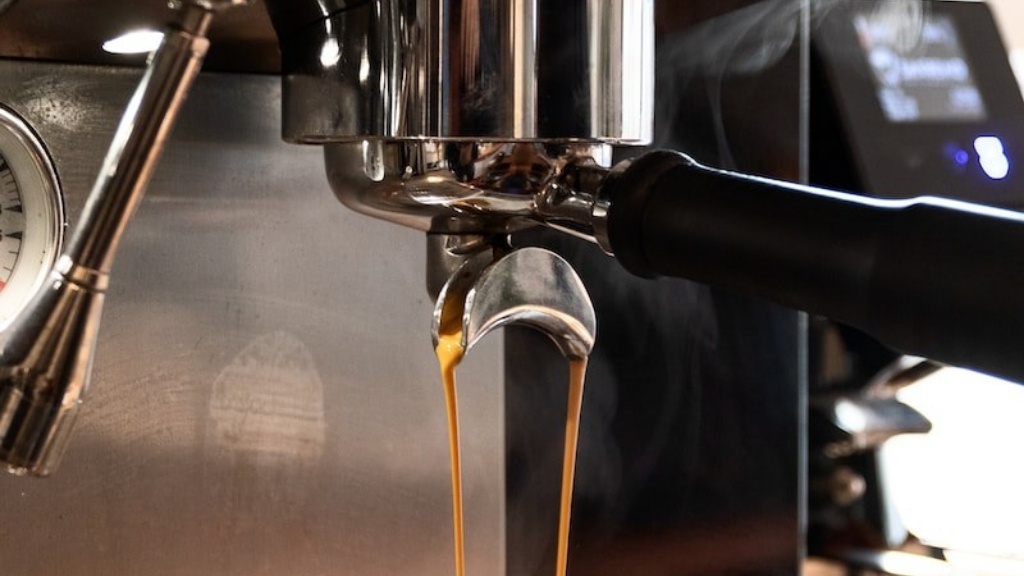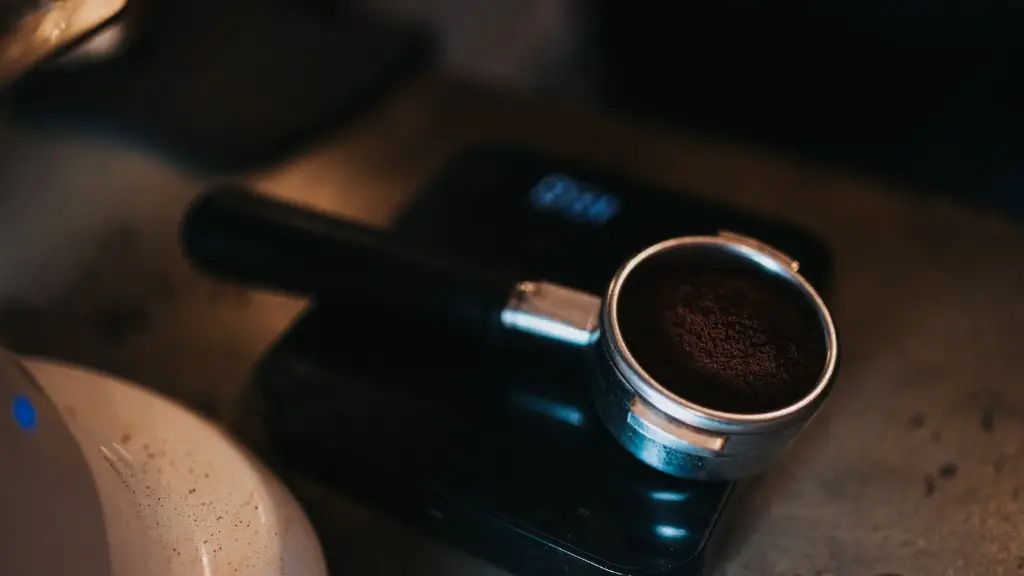For a significant proportion of couples wishing to start a family, fertility treatments such as In Vitro Fertilisation (IVF) are the only option. Lack of access to affordable fertility treatments means that many couples have to sacrifice their lifestyles in pursuit of having a baby. The reality of the situation is that for these couples, lifestyle adjustments must be made, and this includes what, if any, caffeinated beverages one should consume during the IVF process.
For many, the conception of a child is a lifetime goal and the journey to fulfil this goal can be emotionally, physically and psychologically draining. There is an added worry of consumption of caffeine when trying to conceive, as it is thought to have a detrimental effect on fertility, pregnancy and the development of babies.
Unlimited consumption of coffee is not recommended for couples undertaking IVF treatments; however it is not advisable to completely abstain. According to a study conducted by the American Journal of Epidemiology it is recommended to limit caffeine consumption to no more than 300mg per day. Any higher than this is thought to reduce the chance of successful fertility treatments. The 300mg equates to approximately two regular cups of brewed coffee per day.
While the two cup daily limit should be the maximum, there is still debate amongst nutrition experts as to whether the intake should be reduced more. Some experts even recommend avoiding it altogether. Provided these aforementioned recommendations are adhered to, official scientific research suggests that IVF fertilisation is not externally hindered by coffee or other caffeinated beverages.
It is important to be aware that coffee has a hidden caffeine content. This can range between 80-175mg for a standard espresso. Caffeinated sodas, energy drinks, tea and chocolate products also have a measurable caffeine content. It is worth bearing in mind when trying to cut back that the marker for caffeine intake is low and so it is best to make sure one sticks to the maximum of 300mg per day or less.
It is difficult when trying to conceive to get a full picture of the impact of coffee or other caffeinated beverages on fertility. Ultimately, as with any lifestyle adjustment, it is an individual choice as to how much coffee one drinks during the IVF process.
Lifestyle Changes
Undertaking fertility treatments can be a stressful process, due to the emotional and financial investment involved. During this phase it can be difficult to make lifestyle changes, and this includes giving up coffee. It is important to remember, though, that the process may take a few months and that, on the whole, the adjustments need to be made in the pursuit of a successful IVF experience.
A pregnant woman’s body is going through changes, and these changes increase if she is struggling with her fertility and has opted for IVF as a solution. As such, it is essential to get the correct nutrition, sleep and exercise plan in place in order to support the process.
These lifestyle changes are essential for a successful IVF outcome. Coffee, or any other caffeinated beverages, should be avoided, as consuming too much of these can have a negative impact on one’s fertility. However, with the correct lifestyle choices, a couple may reduce their chances of needing to use IVF treatments.
Therefore, getting your lifestyle and nutrition right is the best investment couples can make in order to increase their chances of successful conception without the need of IVF treatments.
Side Effects Of Caffeine
Caffeine can be an enjoyable treat, and when consumed in moderation it can help to ward off tiredness and improve concentration. Excessive consumption of coffee is linked to a reduced chance of successful IVF treatments and even miscarriage if pregnant. Studies have also shown that there are other indicators that consuming too much coffee can have a detrimental effect on fertility.
High levels of coffee consumption can also negatively affect the sensitive balance of hormones involved in both male and female fertility. This means drinking coffee can reduce the chances of pregnancy if consumed at high levels. Too much coffee can also increase the risk of certain pregnancy complications, such as preterm delivery, if one does get pregnant.
Finally, for women undergoing IVF it is important to be aware of the heightened risk of ovarian hyperstimulation syndrome. This is a rare, but serious, condition which can be caused when too much of the fertility hormones used to stimulate egg production are injected.
Therefore it is important to be aware of the side effects of caffeine and make sure to keep within the recommended limits when doing fertility treatments. It is important to remember that too much caffeine can not only lead to failed IVF attempts, but also have a negative effect on the baby’s health once gestation begins.
Alternative Beverages
In order to replace coffee with alternative beverages, one has to understand the different types of alternative drinks and what they provide. There are a wide range of options available, and they all offer different benefits.
For those looking for a hot beverage, herbal teas offer a good replacement for coffee. They contain no caffeine so can be enjoyed without worrying about exceeding the recommended limits. Certain herbal teas also provide a number of health benefits, such as aiding digestion and reducing stress. Other options include hot chocolate drinks, as well as decaffeinated coffee.
For those opting for cold beverages, there is an array of options available. Fruity beverages, such as smoothies, are a great way to get hydrated and provide essential vitamins and minerals. Even carbonated drinks can be enjoyed in moderation, such as low sugar flavoured sodas. For those looking for a caffeine hit, certain cold teas can provide a winter warmer and give a similar effect to coffee. These are often flavoured with spices, such as ginger and cinnamon.
Therefore, when trying to replace coffee with alternative drinks, it is best to find a balanced selection of hot and cold beverages that provide essential vitamins and minerals. This will aid in keeping hydrated, energised and healthy during IVF treatments.
Self Care During IVF
IVF treatments can be stressful and demanding. It is important to remember to focus on self-care and make sure the treatments work towards a successful outcome. As a result, maintaining a healthy lifestyle and sticking to recommended guidelines such as caffeine consumption is essential.
It is important to get plenty of rest, stay hydrated and make sure one is eating a healthy and balanced diet. Caffeine limits are down to individual preference as some may prefer to go without it completely, while others may feel more comfortable sticking to two cups a day. Counseling can be a valuable form of self-care during the IVF process as it can help with any mental stress and provide support one may need.
Seeking the advice of a government funded counsellor or a fertility counsellor can help to reduce any anxiety or worries one may be facing. There are also support groups that meet regularly to provide a social network and support for those going through fertility treatments.
This self-care can have a positive impact on IVF success rates, as it encourages couples to take ownership of their fertility journey and be mindful of how to take care of themselves during the IVF process.
Conclusion
It is important to be aware that the consumption of coffee or any other caffeinated beverages should be monitored when undergoing fertility treatments. Excessive consumption of these can reduce the chance of a successful IVF outcome. Therefore, couples should keep a close eye on their caffeine intake and stick to the recommended maximum limit of 300mg a day. This is due to the potential impact of excessive caffeine on fertility.
It is important to remember, however, that any lifestyle changes should be seen in combination with other forms of self-care, such as getting enough rest and engaging in regular exercise. Counselling and support groups are valuable sources of additional help and can provide a support network for couples undertaking fertility treatments.





